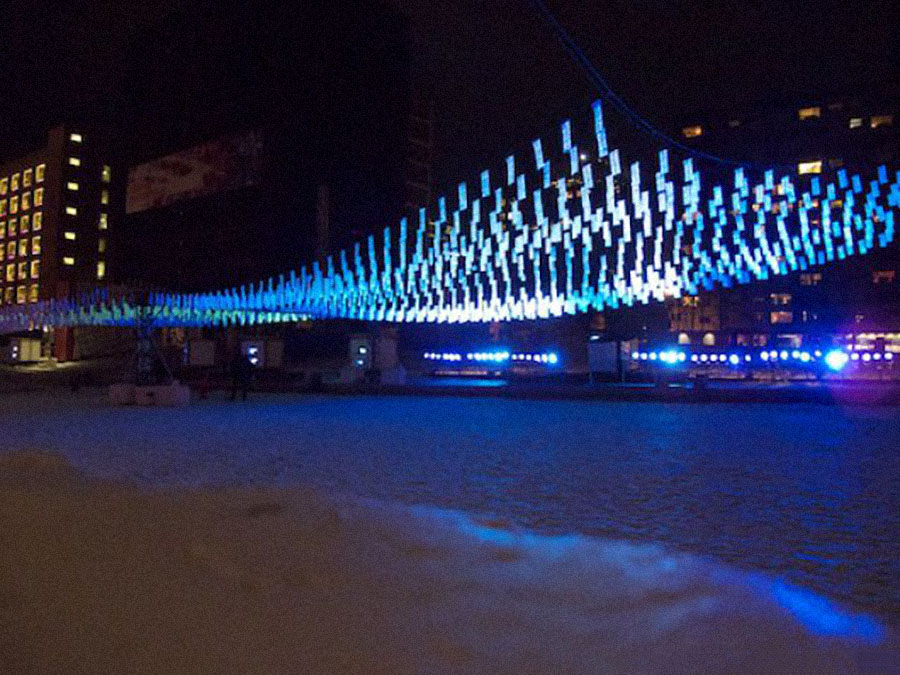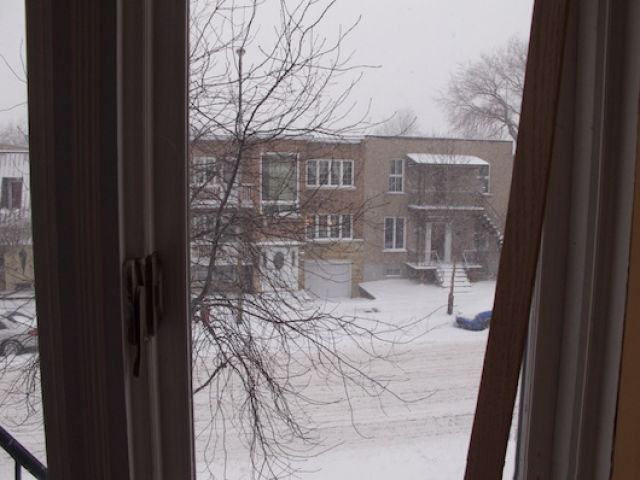
Singing the light
The day, covered with its morning greyness, appeared with more beautiful colors, early. The sky turned blue like spring. In the evening, the rehearsals of Ganymede were resumed, with Claude Debussy’s *Beau Soir* and Paul Pierné’s *Les Pins*, sweet melodies, marked by these delicately encoded vapors, which in no way foreshadowed the horrors of the wars to come. The texts of this period have that old-fashioned and yet resolutely bursting air where when at sunset the rivers are pink and one advises being happy seems to come out of things, or Glory to the Golden Moon with its vesperal splendours and when the vermilion dawn, from the top of the glaciers, suddenly illuminates the regular logs.
Some choristers laughed at the pompous sentences, some others, English-speaking, scratched their heads to try to understand the meaning of the words "diaprent", "frondaisons" (Quebecers also massaged their hair).
Nevertheless, this poetry, which tried the impossible to discover new lands, has vanished into thin air. Today, we must sail even higher, between quantum knowledge, or lower, among religious fundamentalisms, as if poetry must now be read and invented in silence, elsewhere, in minds attacked by vertigo mathematics.
This world in which I live is amazing; its lights will undoubtedly be recognized sooner or later, but you have to admit that it is hard to convince by dreaming. Our voices no longer sing of visible light. We marvel in 3D at the risk of forgetting this advice to taste the charm of being in the world, while we are young and the evening is beautiful, because we leave, as this wave goes away. *She at sea, we at the tomb* (*Beau soir,* Debussy).


